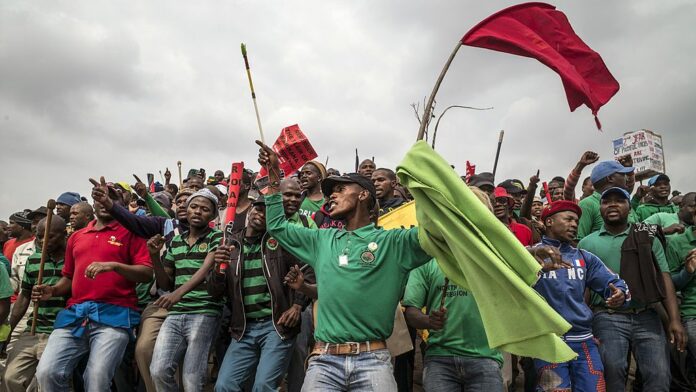
IN its recent ruling on the 2018 Mining Charter, the High Court concluded that the charter should not be seen as legislation but as policy. The court also endorsed the “once empowered, always empowered” principle. As a result, the Minerals Council’s application that previous black economic empowerment (BEE) transactions be recognised was a success.
Furthermore, the court automatically set aside the 2018 charter’s demand for an increase in empowerment shareholding from 26% to 30% which would have benefited employees and mining communities. This is a critical point as we shall see.
If the Department of Mineral Resources and Energy (DMRE) does not appeal the ruling by the October 14 deadline, one of the mining sector’s challenges, namely the quest for regulatory certainty, will have been largely addressed. However, my information is the DMRE wants to appeal, which means the legal process could eventually end up in the Constitutional Court.
In addition to an appeal, both mines and energy minister Gwede Mantashe, and Sahlule Luzipho, chair of the Parliamentary Portfolio Committee on Mineral Resources and Energy, have “threatened” to review the Mineral and Petroleum Resources Development Act which they hope will amplify the charter’s legal authority. Such a step will bring legal certainty, but it would be the death knell for an already over-regulated mining sector.
The Minerals Council realises the political consequences of the legal victory and in a carefully worded statement it described the ruling not as a victory but rather as one that brings clarity.
However, Luzipho warned that the ruling could bring challenges to harmony in the mining sector. Communities were already disaffected that the 2018 Mining Charter only offered them a 5% shareholding. Now, they get nothing. As Prince Zwelithini Dlamini of the Lomshiyo mining community near Barberton argued: how could even a 5% stake be acceptable when once the community owned 100% of the land.
David Pheto, a community leader of the Moruleng tribe of the Bakgatla-ba-Kgafela, contends that mining community shareholding should have been upheld as the communities have to inhale the dust of a mine on land which once was ploughed by their ancestors.
Given that the mining communities have been represented by seven interested parties in the Mining Charter litigation process, the harmony between mining houses and communities have indeed been disturbed. For communities it is a case of “once-disempowered-always-disempowered”.
Moreover, the 2018 Charter was a victory for miners because it stipulated that, regardless of race, employees not receiving shares as part of their remuneration package qualified for joint shareholding of 5%. At the time the National Union of Mineworkers (NUM) was unhappy with this state of affairs as miners would “only” get a 5% shareholding in comparison to the 20% for black entrepreneurs. Following this court ruling, workers will now end up getting nothing.
Onus on Minerals Council members
Miners were looking forward to the Charter’s shareholding scheme as it would have replaced the current worthless employee share ownership plans (ESOP), which is a precondition for a mining house to obtain and retain a mining right. In general, an ESOP offers no financial benefit to workers.
Miners and mining communities are resentful about the mining past, but emotions were kept in check by the financial benefits the Charter’s shareholding scheme would offer. With that restraint now gone, the Minerals Council will have to promptly take the initiative on behalf of mining houses to financially empower employees and mining communities by means of an alternative shareholding scheme outside the charter framework.
Criticism is levelled at mining houses for simply complying with empowerment regulations for the sake of protecting their mining rights, but now they will have to empower to achieve harmony in return and to let the DMRE abandon an application for appeal.
Gideon du Plessis is Solidarity’s General Secretary











